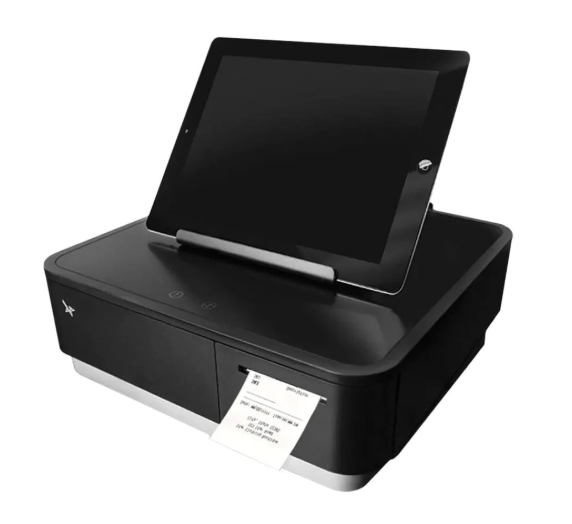In today’s highly competitive retail environment, adaptability and efficiency are critical to success. One of the key innovations driving this transformation is the POS wireless system, which allows retailers to manage transactions, inventory, and customer engagement without the limitations of traditional, wired infrastructure.
The adoption of wireless POS technology is accelerating across retail segments, especially among small businesses, which value mobility, ease of use, and cost-effectiveness. These systems enable retailers to process transactions from anywhere on the floor, enhancing customer service and streamlining payment processing.
Key Features and Functional Benefits
The flexibility of a POS wireless system is one of its greatest assets. With integrated cloud capabilities, retailers can access real-time sales data, inventory levels, and employee performance metrics. The mobility factor enables sales associates to process transactions on the spot, thereby reducing wait times and enhancing customer satisfaction.
Another advantage is the enhanced reliability of wireless networks in 2025. Improved encryption standards and failover mechanisms ensure secure payment processing, making wireless systems viable even in high-volume environments. Additionally, they reduce physical clutter and maintenance costs compared to fixed systems.
How Wireless POS Enhances Customer Experience
Wireless POS terminals help eliminate long queues by allowing checkout to happen anywhere in the store. This creates a more personalized shopping experience, allowing staff to interact more meaningfully with customers. In fashion retail or electronics stores, for example, associates can provide product details, check inventory, and complete transactions—all in a single interaction.
The POS wireless system also supports loyalty program integration, digital receipts, and personalized discounts all of which enhance engagement. Retailers can use the captured data to offer targeted promotions and tailor their marketing strategies to customer behavior.
Adoption Trends Among Small Retailers
For small businesses, the transition to wireless POS represents a move toward operational scalability. In 2025, many startups and boutique retailers are opting for cloud-based POS solutions with wireless capabilities, as they eliminate the need for expensive hardware investments and IT support. Mobile terminals can be used in-store, at pop-up events, or in delivery scenarios—maximizing the value of each sales point.
Wireless POS solutions are often modular, meaning businesses can start small and scale features as needed. This modularity enables small businesses to maintain low overhead while enjoying advanced functionalities, such as real-time analytics and integrated payment processing gateways.
Regulatory and Compliance Considerations
With growing emphasis on data security and compliance, POS systems are now designed to align with international payment standards such as PCI DSS. A modern POS wireless system features encrypted data transmission, tokenization of sensitive information, and built-in compliance features, thereby reducing risk for both retailers and customers.
Retailers operating in multiple jurisdictions can now manage compliance more efficiently, thanks to software updates that can be deployed remotely and in real time. This is especially important in 2025, when retail data regulation is becoming increasingly localized.
Future Outlook for Wireless POS in Retail
As artificial intelligence and machine learning continue to evolve, POS systems are expected to become more predictive and autonomous. From dynamic pricing to automated inventory alerts, the retail experience will be increasingly shaped by intelligent backend systems that rely on the data collected through POS wireless systems.
Additionally, integration with e-commerce platforms ensures a seamless omnichannel experience. Whether a purchase begins online or in-store, the continuity of data flow enhances customer satisfaction and business efficiency.
Conclusion
Retailers who prioritize agility and customer-centric technology are quickly discovering the long-term advantages of mobile POS. From seamless updates to centralized analytics, a flexible POS wireless system empowers businesses to adapt and scale efficiently in today’s competitive environment.
Meanwhile, adopting a purpose-built POS wireless terminal allows small retailers and multi-store operations to offer faster, more secure transactions with minimal setup complexity. It’s a strategic move toward modernization that ensures consistent performance across all touchpoints.







